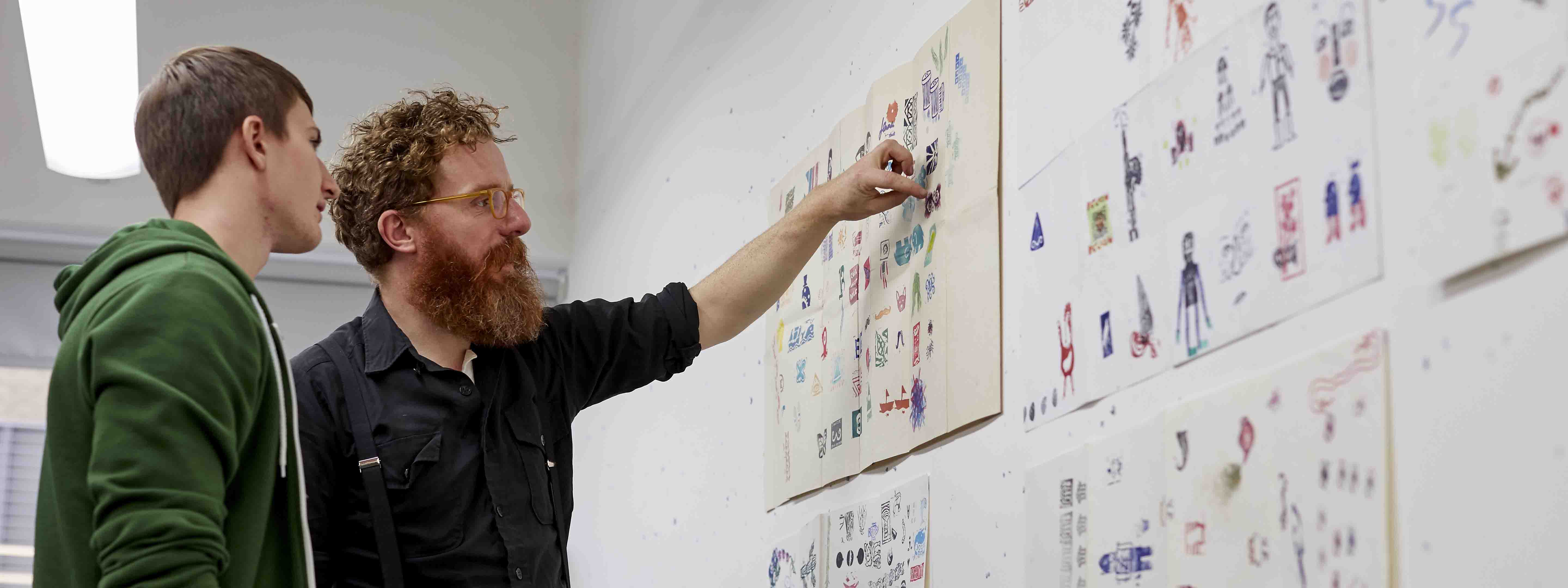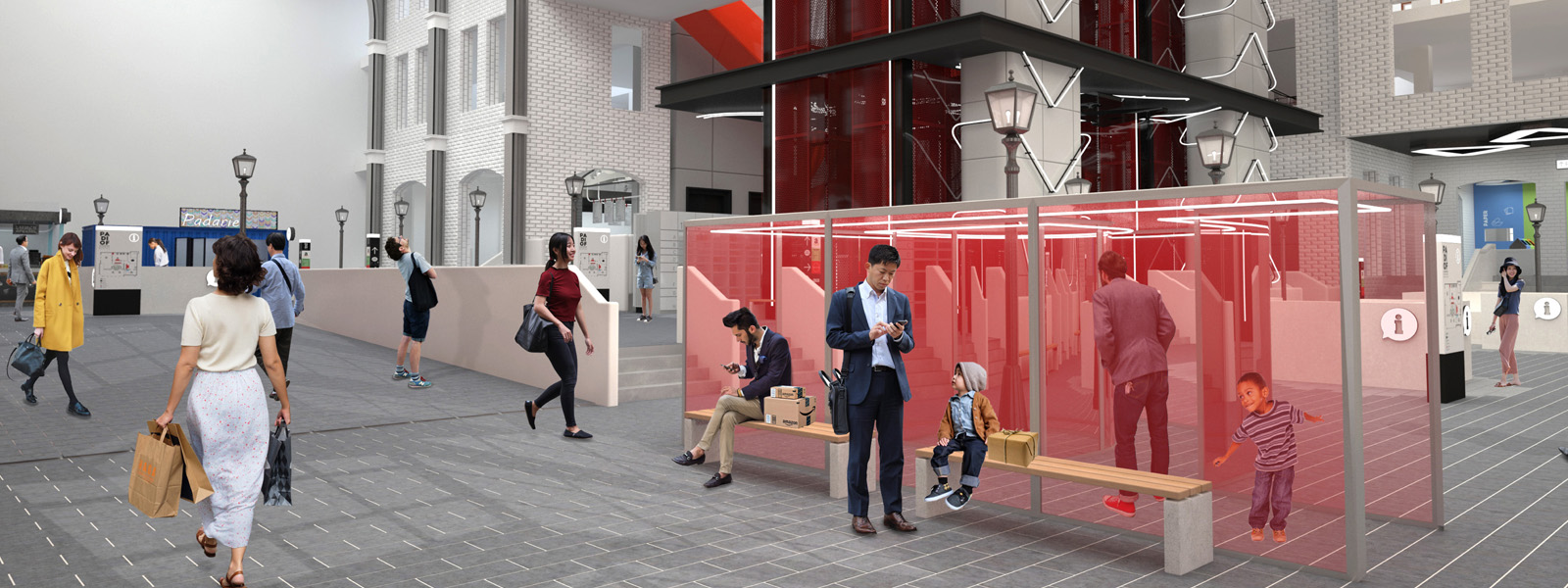Course Overview
The BA (Hons) Architecture explores multiple approaches and design practices and aims to assist students in discovering their own voice as a designer. Much of the assessment is through project-based assignments, integrating theoretical, technical and design work. Students are supported in developing written papers, technical studies, and design proposals in the studio environment.
Learning and teaching in the studio is informed by current research and the School promotes the exploration of drawing as a tool of observation, analysis, and communication across a range of techniques from hand sketching to sophisticated computer representations. The School's computer aided design and workshop facilities allow students the opportunity to explore and communicate design using the most up-to-date techniques, both real and virtual.
Professional standards of exhibition presentation are fostered by the course's association with the School's Design for Exhibition and Museums course. The evolution of their sketchbook and portfolio can help students to reflect upon their personal and professional development.
This programme is delivered at both our Brayford Pool Campus, Lincoln and the School of Higher and Professional Education (SHAPE), Vocational Training Council (VTC) in Hong Kong. Prospective candidates can apply to study either at either the Lincoln campus or at Hong Kong SHAPE campus. Visiting and exchange opportunities are provided regularly.
For further information please see the SHAPE website:
http://www.shape.edu.hk/programme.php?id=137519
Although this programme is not validated by the Royal Institute of British Architects (RIBA) or prescribed by the Architects Registration Board (ARB) for exemption from Part 1 of the examination in Architecture in the UK, the BA (Hons) Architecture aims to provide a framework for developing students into enabling, coordinating, and integrating designers, rather than a specialist; widely educated persons skilled in both architectural design and architectural technology.
The curriculum of the BA (Hons) Architecture is mapped onto the RIBA validated BArch curriculum. Students on both the BArch and BA programmes are taught together at the University of Lincoln's Brayford Pool Campus. Opportunities to transfer to the validated BArch programme may be available to exceptional students throughout the programme.
The Level 6 programme delivered in Hong Kong is accredited by the Hong Kong Council for Accreditation of Academic and Vocational Qualifications.
This programme is also available with an Arts Foundation Year, which can provide an alternative route of entry onto the full degree programme. Find out more at https://www.lincoln.ac.uk/course/afyafyub/.






